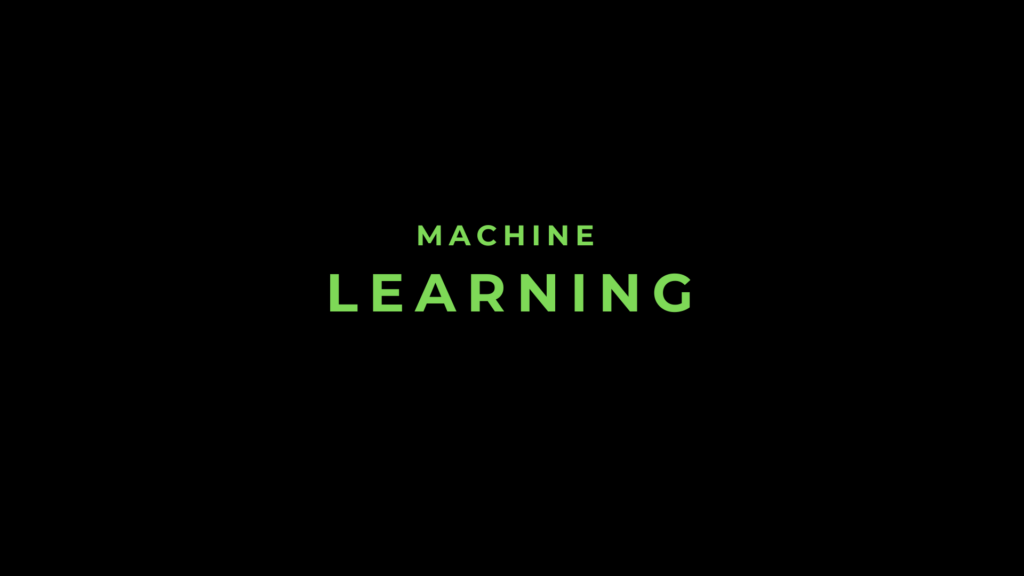
Best Java Machine Learning Libraries
Java is a robust programming language renowned for its versatility and performance. It has long been a favorite among developers, especially in enterprise environments. With the rise of artificial intelligence (AI) and machine learning (ML), several Java libraries have emerged to facilitate these advanced computations. This article highlights some of the best Java machine learning libraries, enabling you to choose the right tools for your projects.
1. Weka
Overview:
Weka is a collection of machine learning algorithms for data mining tasks. It provides a user-friendly interface and supports various data preprocessing and visualization techniques.
Key Features:
- Comprehensive Algorithm Suite: Weka includes algorithms for classification, regression, clustering, and association rule mining.
- User-Friendly Interface: Ideal for beginners, Weka offers a graphical interface for data manipulation and model evaluation.
- Integration Capabilities: It can easily integrate with Java applications, making it a great choice for developers looking to incorporate machine learning into their software.
Use Cases:
Weka is particularly useful for educational purposes, research, and small-scale applications where quick prototyping is essential.
2. Deeplearning4j
Overview:
Deeplearning4j is an open-source deep learning library for the Java Virtual Machine (JVM). It is designed for business environments and provides various tools for building and deploying deep learning models.
Key Features:
- Scalability: Supports distributed computing, allowing you to train large models on clusters.
- Integration with Hadoop and Spark: Deeplearning4j can work seamlessly with big data tools, making it suitable for complex data workflows.
- Rich Ecosystem: It includes various libraries for natural language processing (NLP) and reinforcement learning.
Use Cases:
Ideal for large enterprises looking to implement deep learning solutions in production systems, particularly in image recognition, fraud detection, and recommendation systems.
3. MOA (Massive Online Analysis)
Overview:
MOA is specifically designed for data stream mining and provides a set of tools for online learning algorithms. This makes it suitable for real-time data analysis and processing.
Key Features:
- Real-Time Processing: MOA can handle massive streams of data, making it perfect for applications that require instant analysis.
- Benchmarking Tools: It offers built-in tools for evaluating algorithms on data streams.
- Visualization: MOA provides several visualization tools for understanding data trends and model performance.
Use Cases:
MOA is best for applications like real-time analytics, anomaly detection in network traffic, and monitoring social media streams.
4. Encog
Overview:
Encog is a versatile machine learning framework that supports different neural network architectures and training algorithms. It is designed for both beginners and advanced users.
Key Features:
- Support for Multiple Algorithms: Includes support for supervised and unsupervised learning, reinforcement learning, and genetic algorithms.
- Simplicity: Encog has a straightforward API, making it easy to integrate into existing Java applications.
- Flexibility: Can be used for various tasks, including image processing and time-series analysis.
Use Cases:
Encog is a good choice for developers looking to experiment with various machine learning techniques in a flexible environment.
5. Smile
Overview:
Smile (Statistical Machine Intelligence and Learning Engine) is a comprehensive machine learning library that combines data processing and machine learning capabilities.
Key Features:
- Wide Range of Algorithms: Smile supports classification, regression, clustering, and more, making it suitable for various applications.
- Data Preprocessing: Includes tools for data cleaning, feature extraction, and transformation.
- Performance: Designed for high performance with optimized algorithms and parallel processing capabilities.
Use Cases:
Smile is suitable for data scientists looking for a robust library that combines machine learning and data preprocessing tasks.
Conclusion
Choosing the right machine learning library is crucial for the success of your AI projects. Java offers a variety of libraries that cater to different needs, from beginner-friendly tools like Weka to advanced frameworks like Deeplearning4j. By understanding the strengths and use cases of these libraries, you can select the best one for your specific requirements. Whether you’re developing applications for real-time analytics, deep learning, or data stream mining, these Java libraries will provide the necessary tools to elevate your projects to the next level.